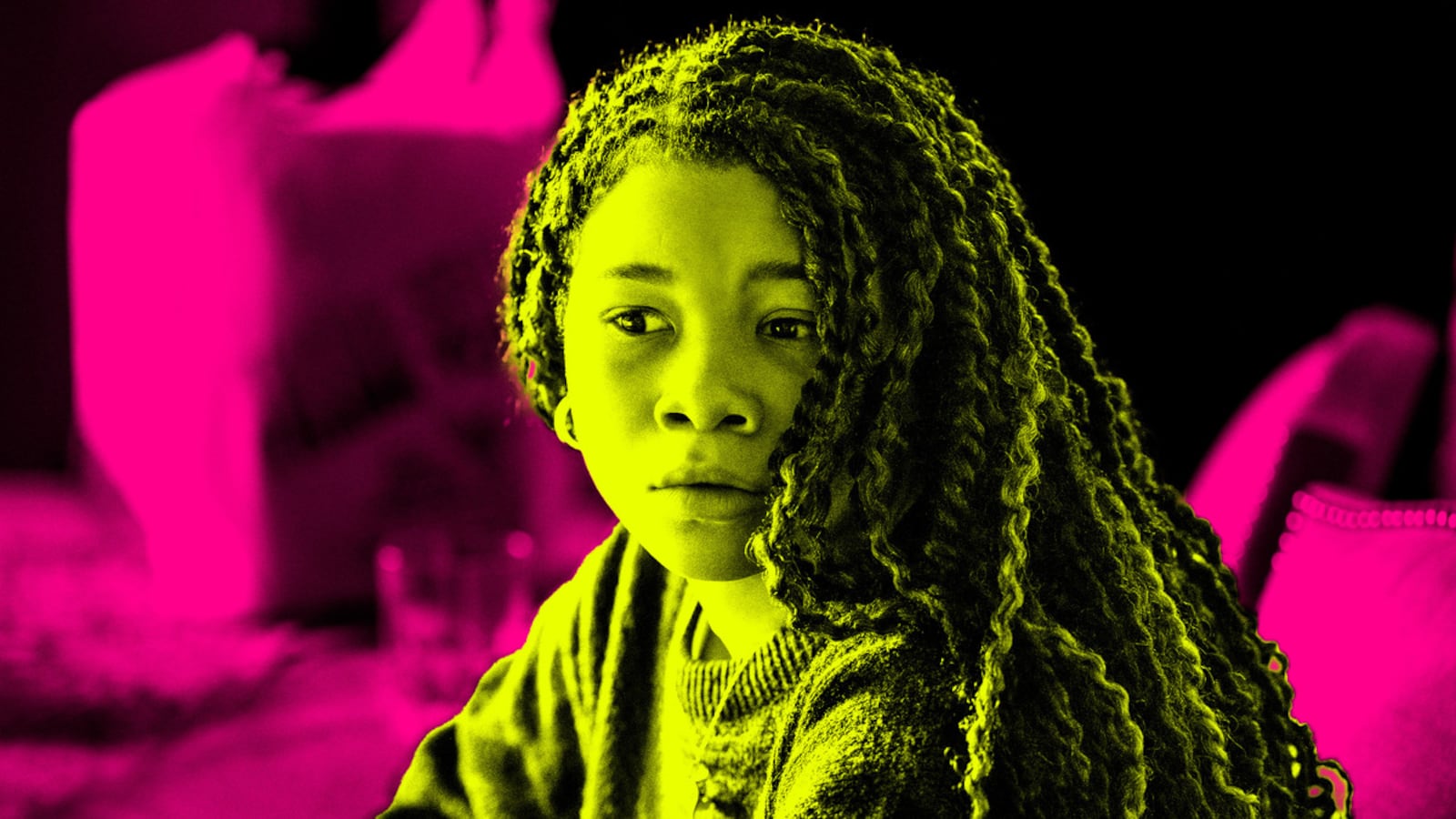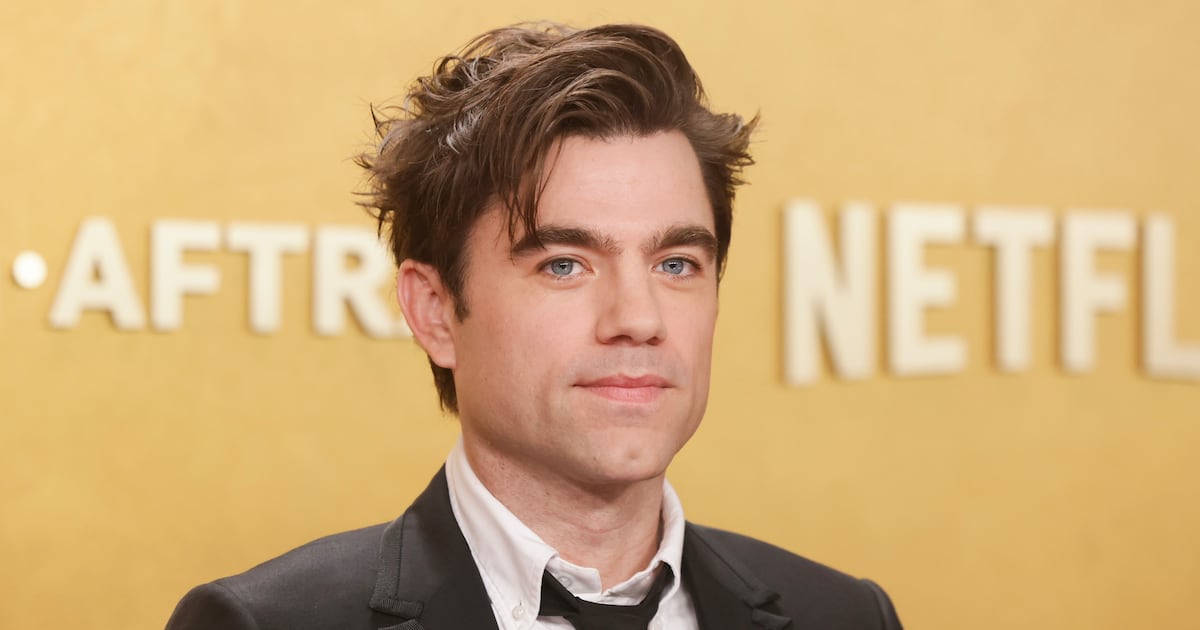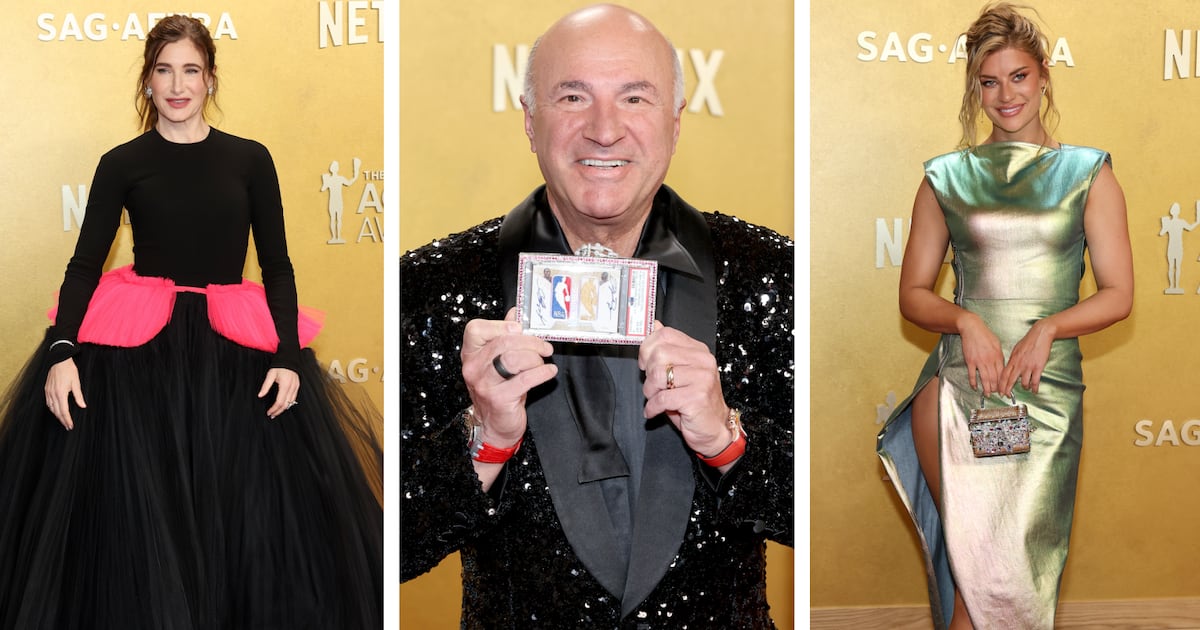Media keeps getting teens wrong. While it may seem ridiculous when shows like Euphoria portray some teens as throwing ridiculously giant parties and wearing clownish outfits, believe it or not, a handful of teens do live like Alexa Demie does in the show. The Fault in Our Stars, To All the Boys I’ve Loved Before, and The Kissing Booth, three wonderfully cheesy romance films, tried to convince us that teenagers are emotionally mature enough to fall in love—and they are!
And now, Missing tries to prove to us that a young woman would be able to solve her mother’s disappearance on her own—and, guess what? It's plausible.

What is being misconstrued about being a teen in films and TV isn’t what the teens are doing, from hosting parties to falling in love—it’s how they’re doing it. Shows like Euphoria and Gossip Girl try to bring social media and texting into the equation without understanding how teens actually flip through their phones. There’s the cursed giant text bubble that floats over characters’ heads, like an item in Mario Kart. Instagram captions are littered with hashtags (nobody uses those); they’re overwritten, dull, and nothing like what you’d see in the real world. No, the teens in our entertainment text like aliens. “Ru coming?” they write, as if teenagers use “r u” and punctuation at all, let alone in the same message.
Missing doesn’t suffer from this warped view of modern-day adolescence. While it’s not the first movie to nail teen tech (I bestow that award on The Fallout), its entire premise plugs into computers and phones, so it’s imperative that everything feels true to life. Thanks to Venmo, pesky texts, the “like message” feature, and Storm Reid’s performance, watching Missing feels like living inside the phone of an agitated teen in 2023, who thinks their parents are the worst people in the world. Only, it’s the phone of an agitated teen whose mother has just vanished from the face of the Earth.
Missing sends June (Reid) on a game of cat and mouse after her mom, Grace (Nia Long), doesn’t return home from Colombia, where she traveled with her creepy boyfriend Kevin (Ken Leung). That the story takes place completely on computers and phones—which makes it a part of the “screen movie” trend that includes Unfriended and Searching—elevates the thrill, making the mystery feel equal parts doomscrolling and Gone Girl.
No, Missing isn’t as good as David Fincher’s awards contender. But it’s the Euphoria version of the thriller, well-suited for both teens and mystery lovers. Reid herself even stars on Euphoria (playing Rue’s little sister Gia), another way the movie grabs its teen audience.
Searching for a missing person via a computer can’t be easy, but it’s exactly what a teenager would do in this circumstance. In fact, it’s probably what anyone would do if a loved one went missing in 2023. June sends texts, calls plenty of folks on FaceTime, makes a lot of creepy Google searches, and utilizes other internet-savvy tools to untangle her mother’s mystery. Though there are always several tabs open, there’s never too much going on that the plot becomes hard to follow. The screen share-style film technique makes for a thrilling, surprisingly legible way to tell a story in a digital age.
But this isn’t a new trend, so we can’t give Missing points for being original in that sense. The movie does, however, benefit from unique uses of newer, more Gen Z-appropriate social media apps. June can’t investigate on the ground in Colombia, so she turns to TaskRabbit to handle it.

Earlier in the movie, we see her hire a cleaning service to wipe the trace of any big party before her mom returns. When she doesn’t, June pays Javi (Joaquim de Almeida) $8 an hour to scour all of Colombia for her, from the hotel Grace and Kevin stayed at to the hardware store where they made their last credit card purchase. The inclusion of Javi, who allows us to see another side of the world from the sole computer screen in the film, is a brilliant way to expand our understanding of the mystery as it’s being solved.
As for the mystery itself, Missing packs several predictable villains into an entirely unpredictable story. New boyfriend Kevin has a hint of The White Lotus’ Greg, a guy with a shady past who whisks his new lady off to a foreign country. Obviously, he’s the perfect criminal. Then there’s Heather (Amy Landecker), Grace’s questionable lawyer friend, who’s sent to look after June while she has the house to herself. But Heather never visits or checks in on June after Mia goes missing. Something’s fishy.
June even questions her own mother—did Mia purposefully plan her disappearance to avoid some dark past she never bothered explaining to her own daughter? The solve in Missing is never as easy as the movie makes it seem. When the film arrives at the truth, it’s quite dark. The twist somehow manages to thrill as much as it shines a light on the perpetuation of domestic abuse—and don’t worry, this isn’t a spoiler. While Gone Girl goes out with a “feminist” whimper of white privilege, Missing has an actual point to make about women who go missing and the men that lead them to vanish.
Though Missing isn’t technically a sequel, the film finds clever ways to bring in spiritual predecessor Searching. Throughout the film, June references a Netflix true crime show following people who were reported missing and found—including an episode following the plot of Searching, as if it were real life. Similarly, the new movie lives up to the hype of Jon Cho’s 2018 film (in which the roles were reversed, and he was looking for his daughter), with more deft use of technology and an even more enticing lead star.
You may have seen the viral video of Storm Reid yelping “STOP SCROLLING!” to her phone camera, filmed to promote the movie. The memes are hilarious, a facet of the internet we’d probably see via June’s social media in the movie if it weren’t as focused on the mystery. Missing knows how to grab its audience—it understands what folks on social media fixate on, it fully comprehends how teens text, and it knows what kind of electrifying enigmas young audiences want to see. Plus, Storm Reid gets more than the five minutes of screen time she gets on Euphoria here, and that’s well-deserved.







